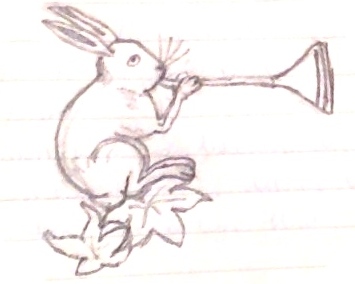Older Scots and Middle English writers often use words that are either entirely unfamiliar to us or are familiar but have different meanings from those we understand.
It is important to build up a sense of the different meanings and associations words could carry. Unfortunately, there is no short cut: read as widely as possible in the original language and use the online Middle English Dictionary to look up key words:
Middle English Dictionary
- http://quod.lib.umich.edu/m/med/
- Click on ‘Lookups’
- Enter the word you’re looking up and select ‘headword and forms’
- You should either immediately get a result or reach a list of similar words. Scroll down till you find the ‘headword’ that you’re interested in and click. If you don’t get any results, try a different spelling, e.g. drop final -e
- Use the ‘show quotations’ option to see textual occurrences of the word.

Why has the poet picked this word? What is the main meaning of the word? Do its subordinate connotations add richness to the meaning of the passage?
Example
Look up the underlined words in the lines below in the MED:
Of Troilus gan in hire herte shette
His worthynesse, his lust, his dedes wise,
His gentilesse, and how she with hym mette… (1-4)
Although these words seem familiar, their meaning has shifted from Chaucer’s time. ‘Worthynesse’ implies a range of qualities that might make Troilus a deserved object of Criseyde’s love, including moral value, nobility, and military prowess. ‘Lust’ here means vigor or energy, rather than desire. ‘Gentilesse’ implies nobility, but also has connotations of gentleness, graciousness and kindness. Criseyde’s meditation on Troilus thus encompasses the qualities and virtues not just of a courtly lover, but those aspects that make him an admired public figure. Her thinking on such qualities reminds us of her earlier assessment in Book 2 of his higher status – ‘he is the worthieste, / Save only Ector’ (II.739-40) – and the role that had in making her more warmly disposed towards him. While Troilus’s assessment of Criseyde as ‘a thousand fold…worth more than he wende’ (III.1540) rests on her speech and looks, it is unclear here whether Criseyde is pleased more by his private behaviour or his public standing. This contrast is not present in Chaucer’s source, Il Filostrato, where Criseida is simply described as rejoicing in her lover.
Quick Further Reading
Simon Horobin, ‘Vocabulary’, in his Chaucer’s Language (Basingstoke, 2007), pp.68-93.